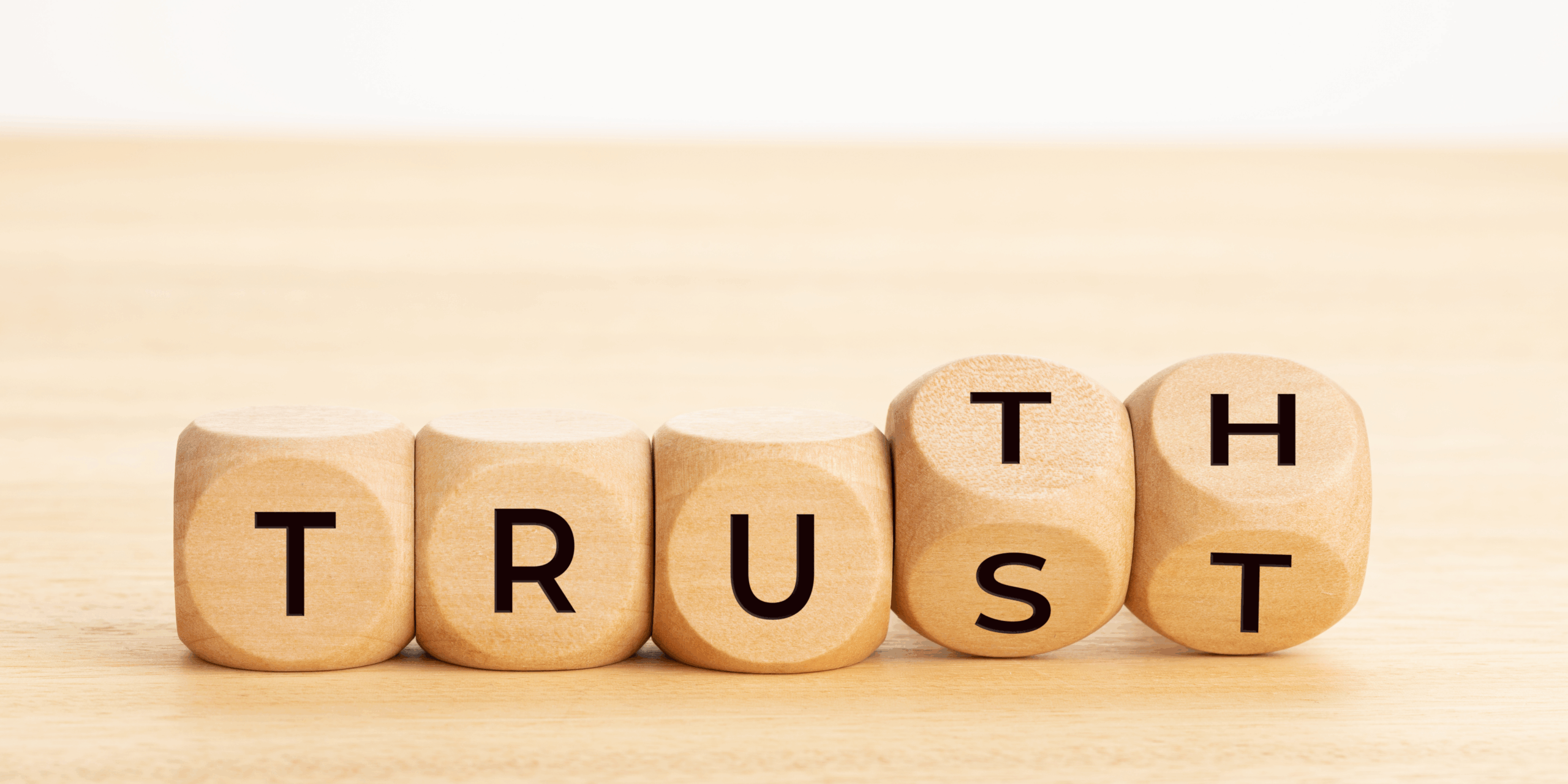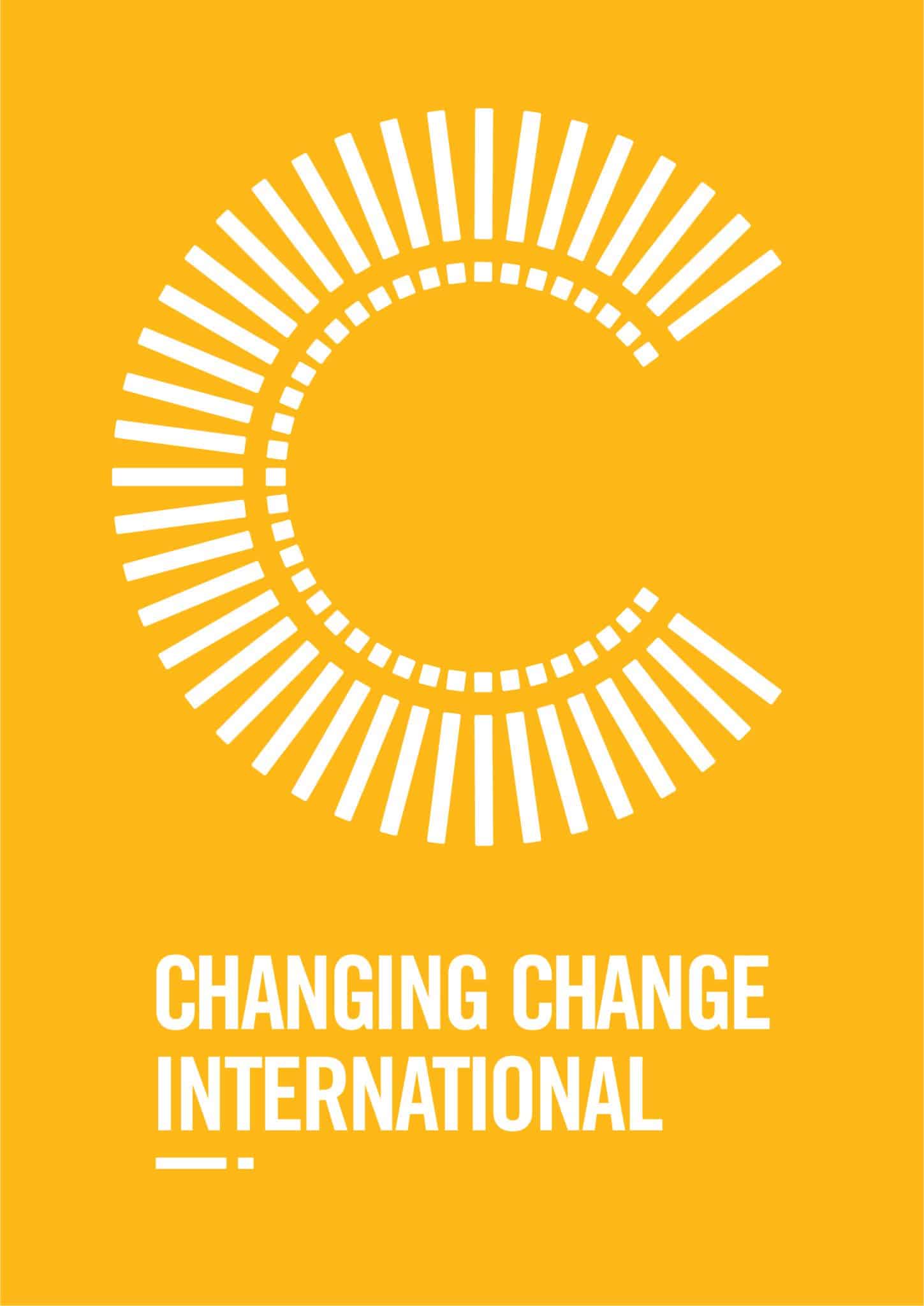HAS THE TRUST EQUATION CHANGED?
Why leaders aren’t all created (or treated) equally

has the trust equation changeD?
Why leaders aren’t all created (or treated) equally
HAS TRUST CHANGED – OR HAVE WE?
I was chatting with friends the other day about how “in the old days”, a politician or leader could do something now seen as relatively minor and see their career go up in flames. Today? Some walk through fire and come out unscathed. Others? One misstep and they’re toast.
It got me thinking: why is it that, in some countries, a CEO caught in a lie resigns within days, while a political leader can rack up scandals like frequent flyer points and still hold the spotlight?
It’s easy to say “double standards” – and yes, that’s part of it. But I think the truth runs deeper.
THE LEADERSHIP TRUST BAR IS RISING – FOR SOME
In the corporate world, trust is the currency that buys influence, loyalty and time. Lose it, and the market reacts faster than a TikTok trend. As one Australian chairman recently put it:
“A CEO needs to present the best version of themselves in every single interaction.”
There’s no off-duty anymore, especially not at a Coldplay concert. No hiding behind closed doors when everything is screenshot-ready. Reputation management is now part of the job description – even outside the boardroom.
But in politics, particularly in individualist cultures, a different social contract applies. Many followers don’t expect integrity. They expect strength. They’ll forgive hypocrisy if it delivers results. Overlook bad behaviour if it reinforces their worldview.
Take Elon Musk as a case in point. He’s a textbook example of a leader whose followers don’t necessarily expect integrity – he champions sustainability while flying a private jet – but admire his audacity and outcomes. For some, boldness and vision outweigh consistency or values alignment.
THE PSYCHOLOGY BEHIND IT
This isn’t just about personal preferences. Psychology provides us with a language for these patterns.
- Motivated reasoning helps us bend facts to support the leaders we already like.
- Moral licensing permits us to excuse the behaviour of someone who aligns with our tribe.
This allows certain leaders to operate under different rules – not because they’re better, but because they’ve become symbols. Of innovation. Of rebellion. Of strength. And symbols are harder to hold accountable than people.
DIFFERENT ROLES, DIFFERENT LEASHES
So perhaps we trust different leaders for different reasons:
- CEOs to lead responsibly
- Politicians to fight for us
- Influencers to entertain us
Different job descriptions. Different expectations. But in the age of radical transparency, almost everyone’s leash is shorter.
Recent CEO scandals aren’t just a crisis communications story; they reflect a more profound cultural shift – one where accountability is more public, faster-moving, and less forgiving of perceived hypocrisy.
THE TRUST EQUATION
At the heart of this is a deceptively simple idea: trust isn’t just a feeling. It’s a formula.
TRUST =
(Credibility + Reliability + Intimacy)
÷ Self-Orientation
Developed by David Maister and colleagues, the Trust Equation provides a framework for thinking about trust as behavioural, not just relational.
- Credibility: Do I believe you know your stuff?
- Reliability: Can I count on you?
- Intimacy: Do I feel safe being open with you?
- Self- orientation: Are you in this for you, or me?
As leaders, your knowledge, consistency and ability to create psychological safety all matter – but not if people think you’re ultimately in it for yourself. (*Unless, of course, you’re the US President.)
So, what’s the leadership takeaway?
- Not all leadership is created equally. Some roles invite more scrutiny than others.
- Trust is situational, but your reputation isn’t. Once broken, it’s hard to recover.
- Transparency is no longer optional. People expect it – and notice when it’s missing.
- Cynicism is contagious. So is accountability. Model the culture you want to reflect.
THE ACTION PLAN FOR LEADERS
- Audit your blind spots – where are the double standards in what you expect versus what you model?
- Speak like a human – authenticity builds trust faster than polish ever will.
- Respond early and clearly – silence is a story in itself.
- Create a culture where questions aren’t punished – psychological safety is the baseline for meaningful accountability.
We don’t need perfect leaders. But we do need real ones. The world is watching – more closely than ever.

